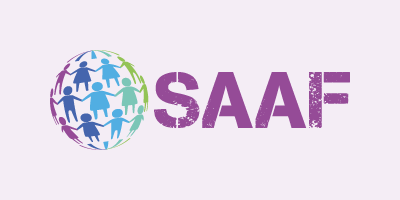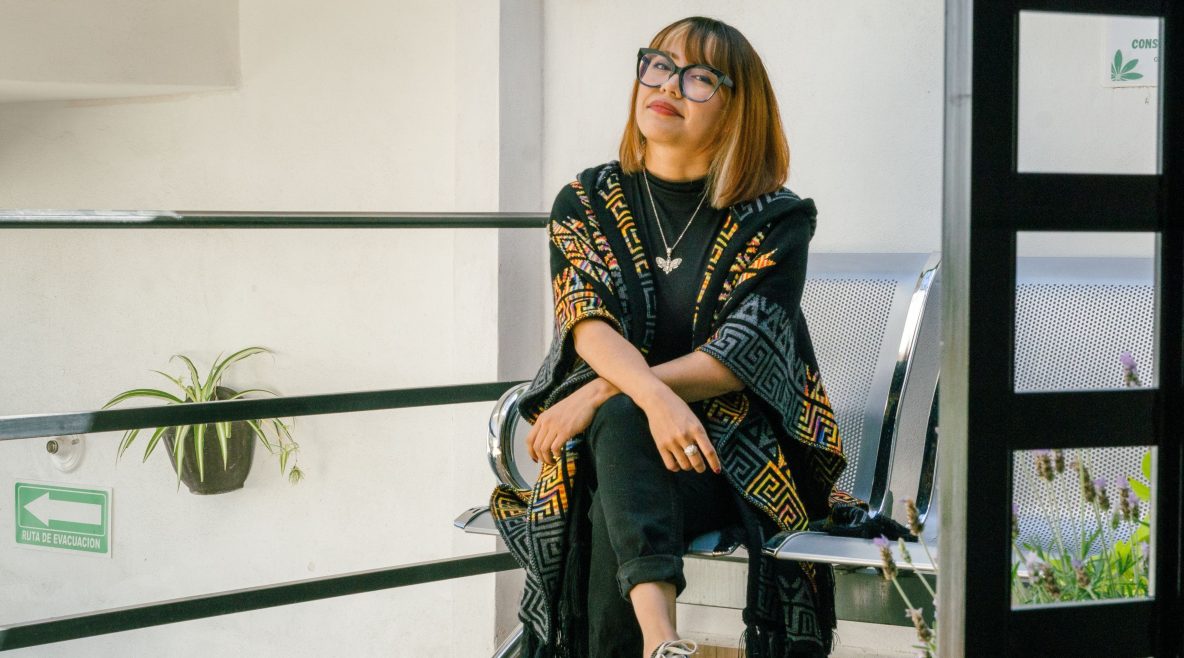At the beginning, my connection with the subject of abortion came from personal experience. I had a pregnancy loss when I was very young, at 14 years old. Later on, I needed to have an abortion. This time it was my choice to end the pregnancy, but it was also complicated because I was living in a violent context.
I wasn’t able to access abortion in a clinic – someone gave me a herbal tea; I didn’t even know what exactly was in it. That was my introduction to the existence of abortions happening outside of the law.
Bringing those two experiences together, I became very aware of how important care is. In the case of the abortion I sought, I actually felt more supported because my boyfriend’s mother was there to help me. In contrast, when I experienced the pregnancy loss in hospital, it was the most horrible experience imaginable, above all because of the obstetric violence I faced.
I began supporting young women in my community who were facing unwanted pregnancies.
I come from a neighbourhood in Hidalgo, near Pachuca, that has issues with violence and addiction. I have legal training and was offering advice on gender-based violence cases, but really I wanted to accompany people having abortions.
I found an intensive training course which lasted six months in total. At the end, they told us: “Now you are ready to accompany others.” That was when I began formally providing abortion accompaniment, and it was the beginning of my journey. For about two years, I accompanied women on my own, while continuing to take courses and update myself, though sometimes I felt afraid or hesitant.
Eventually I joined Di Ramona because I could see that they treated accompaniment in a professional way.
One concept I bring from my background is the “suspension of judgement”.
As accompaniers, we are present with people in their process, but we must also observe ourselves, be aware of our own histories, and set clear boundaries. I accompany from my humanity, but I remain attentive to what I am experiencing as I accompany. This helps ensure that my own story, such as my pregnancy loss, does not impose itself on the people I support. Instead, I use those lessons to avoid repeating harm – for example, ensuring that women don’t suffer from pain or neglect, as I once did.
When I became Coordinator of Abortion at Di Ramona, I felt that while the clinical side was already well covered, we could strengthen the emotional support – accompanying not just the abortion process itself, but the whole person and their experience.
For Di Ramona, abortion accompaniment is about centering the person.
We don’t impose a single option. We provide information and ensure people know their rights, so they can make informed choices – whether in public health services or otherwise. Accompaniment is just another option, not a replacement for medical services, but it ensures women are not alone, that they are respected, and that they face less violence in health settings. Of course, accompaniment does not guarantee a positive experience for everyone, but it can reduce harm and contribute to the discovery of more dignified ways of experiencing this process.
I would like to see a greater humanization of care in the healthcare system. I know doctors are overworked, but even fifteen minutes of respectful, attentive treatment would make a big difference. Humanised care would reduce stigma and improve physical and emotional outcomes. It is ambitious, perhaps even utopian, but essential.
Interview with Yosselin Islas, Coordinator of Safe Abortion at Di Ramona, a SAAF grantee partner in Mexico.




